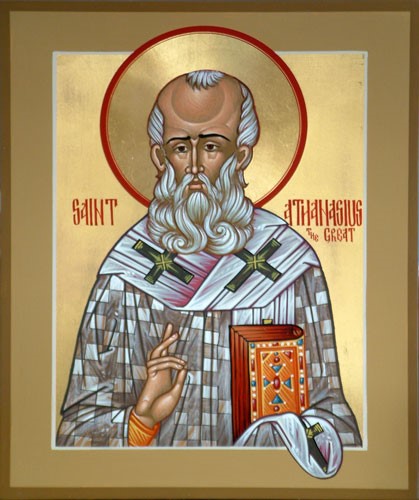First Pope Francis called us traditional Catholics “neo-Pelagianists”. In his Apostolic Exhortation, Gaudete et Exsultate, the Marxist, Modernist Pontiff excoriates traditional Catholicism, for which his code-word is “Pelagianism” — an ancient heresy which has nothing to do with traditional Catholicism.
Out of whole cloth, the Pope fabricated “Neo-Pelagianism”, which he defines as an “obsession with the law…, a punctilious concern for the Church’s liturgy, doctrine, and prestige.” If Her leader thinks it’s wrong to be “concerned” with these things, it’s no wonder the Roman Catholic Church is in crisis. See “If the Church were a stock, you’d sell it before it’s too late”, posted here recently.
Traditional Catholics are to be condemned, Francis wrote, because they have “an excessive emphasis on doctrine and gossip.” I guess I’m getting old, but I can remember when adhering strictly to the dogmas of the Faith was considered a Catholic virtue. Not so in today’s Church.
As for “gossip”, it seems that the Pope is mostly concerned that the truth about the Church’s leaders not be told in any public forum. One thinks of Bishop Juan Barros, appointed by Francis to head a small diocese in Chile, only to be outed as a paedophile. And what about the Lavender Mafia, the huge homosexual cabal operating more or less openly within the Vatican? Oh no! That’s only “gossip”!
Of Gaudete et Exsultate, Christopher Ferrara writes in “Demagogic Piety on the March” (The Remnant, Apr. 11, 2018):
“The document’s call for a living relationship with God animated by charity is belied by its repeated descent into the uncharitable caricature and outright calumny of those members of the faithful Bergoglio perceives as impediments to his maniacal designs.”
There are 14 statements in Gaudete et Exsultate which are calumnies, lies, grievous errors or downright heretical. Space doesn’t permit the listing of all 14, so we can consider here only the last:
14) According to Pope Francis, God demands that we accept his “magisterium” of “today” and see the Gospel in a new light rather than simply following what the Church (including all prior Popes) has always taught; all else is rigid dogmatism.
“Rigid dogmatism”, eh. Perhaps sensing the strength of the arguments against Gaudete et Exsultate, Pope Francis went on the attack again on April 24th. Preaching to a group of Cardinals in Casa Santa Marta, the Holy Father said we must not remain prisoners of ideas, but open ourselves to new things. And again, he warned against “rigidity”. “There are those who ‘distill’ the law” he said, “and transform it into ideology….”
Let’s compare what the Pope said with the teachings of Saint Athanasius, who, almost alone, defended the Church against the Arian heresy, which asserted that Jesus Christ is not consubstantial with God the Father, but subordinate to the Father.
Though only a deacon, Saint Athanasius was chosen to go to the Council of Nicæa in 325, where this fundamental question was debated. He attracted the attention of all by the learning and ability with which he defended the Faith. A few months later, he became Patriarch of Alexandria, and for 46 years bore the brunt of the Arian assault.
When Athanasius refused to lift the excommunication of the heretic Arius, the Emperor ordered the Patriarch of Constantinople to do so. The saint, after vainly using every effort to dissuade the Emperor, fasted and prayed that God would not allow the frightful sacrilege to take place. Sure enough, on the very day set for the solemn entrance of Arius into the great church of Saint Sophia, he was struck dead, and the dreaded sacrilege was averted.
Saint Athanasius stood unmoved against four Roman emperors. He was banished five times. He was the butt of every insult, calumny, and wrong the Arians could devise, and lived in constant peril of death. Though firm, even adamant — “rigid” is a good word — in defence of the Faith, Athanasius was meek and humble, pleasant in conversation, beloved by his flock, and unwearied in labours, prayer, and zeal for souls.
His stormy life closed in peace in 373. He left to the Church the whole and ancient Faith, defended and explained in writings rich in thought and learning, clear and stately in expression. He is honoured as one of the greatest of the Doctors of the Church.
